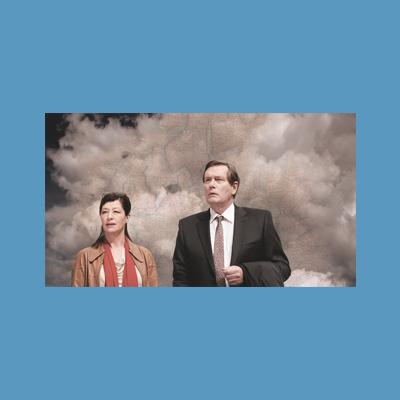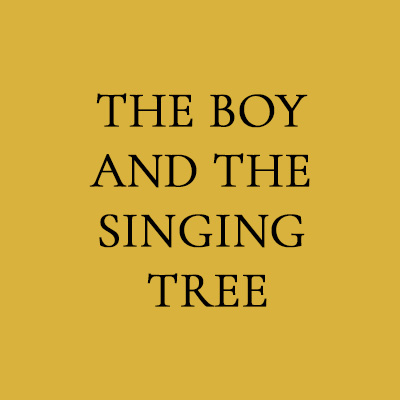Rail
On a train platform in February 1939, there were two children; Emil aged 13 and Alice aged 11. Together with 100 other children, they were to be sent to Sweden from a Vienna where the persecution of the Jews had become increasingly more violent.
Emil and Alice did not know each other at the time of the escape, but now they meet outside time and space and talk about the life that became theirs and the actual consequences of the Nazis’ ideas, thoughts and actions.
”Every rail now sings. There are shards of glass, remnants of the violence. There is gravel, it’s all the days that hardened into sharp edges. Letters exist as weight, as guilt, loneliness, sadness and survival. All of Europe is lined with rails, it goes in all directions and leads nowhere, it leads people to their death or to new life. All that shines is wear and tear.”
Rail is Elisabeth Åsbrink’s debut play based on authentic letters that Jewish parents sent to their children in flight, but also on a meeting protocol from one of the Nazi meetings that laid the foundation for the Holocaust itself.
REVIEWS
”Nuanced drama dives into the depths of Nazism.” Dagens Nyheter
”[T]he past and the present, personal and societal, collide with each other. Through this context, the question of guilt is broadened. The exploration of the Jewish indirectly also becomes an exploration of the path from ”we” to ”them”.” Svenska Dagbladet
”Rail is full of fantastic lines, where historical facts and psychological portrayal merge into a story that is not only gripping but also gives food for thought about the shortcomings of refugee reception when it comes to children – not only seventy-three years ago, but also today.” ALBA
”A review of Sweden’s role during the Nazi persecution of Jews has increasingly become more frequent. With the book ”And in Vienna the trees still remain”, the writer Elisabeth Åsbrink won the August prize in 2011. The book is based on the letters that Jewish refugee children from Vienna received when they stayed as refugees in Sweden during the Nazi era. And from partly unused material, Åsbrink has now also written a play – ”Rail” […] About all that is so hard to remember and so hard to talk about. But now it’s time, like here in ”Rail”…” Kulturnytt, SR






